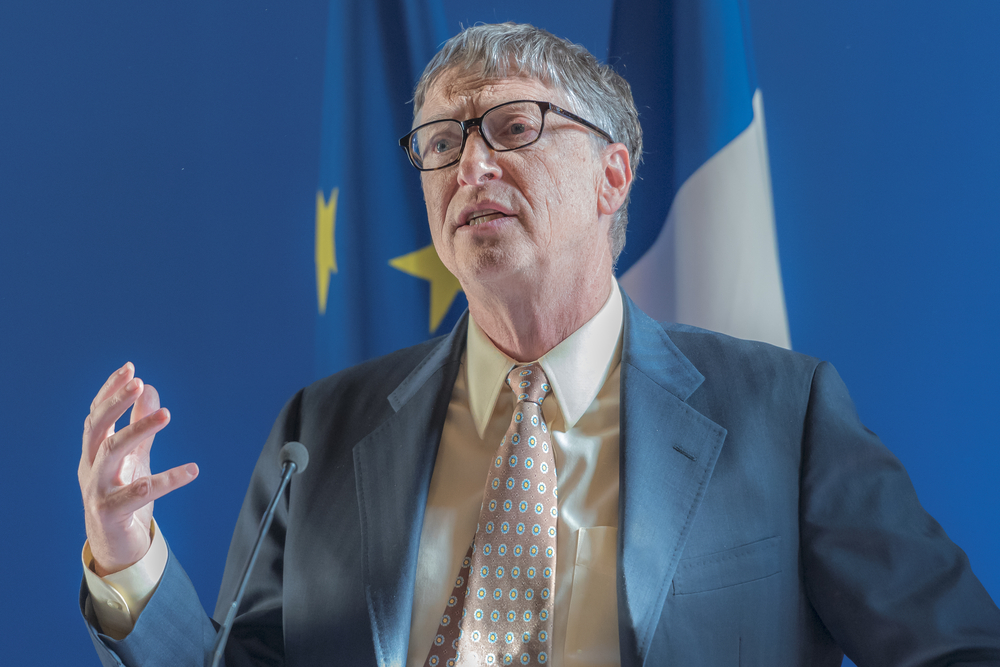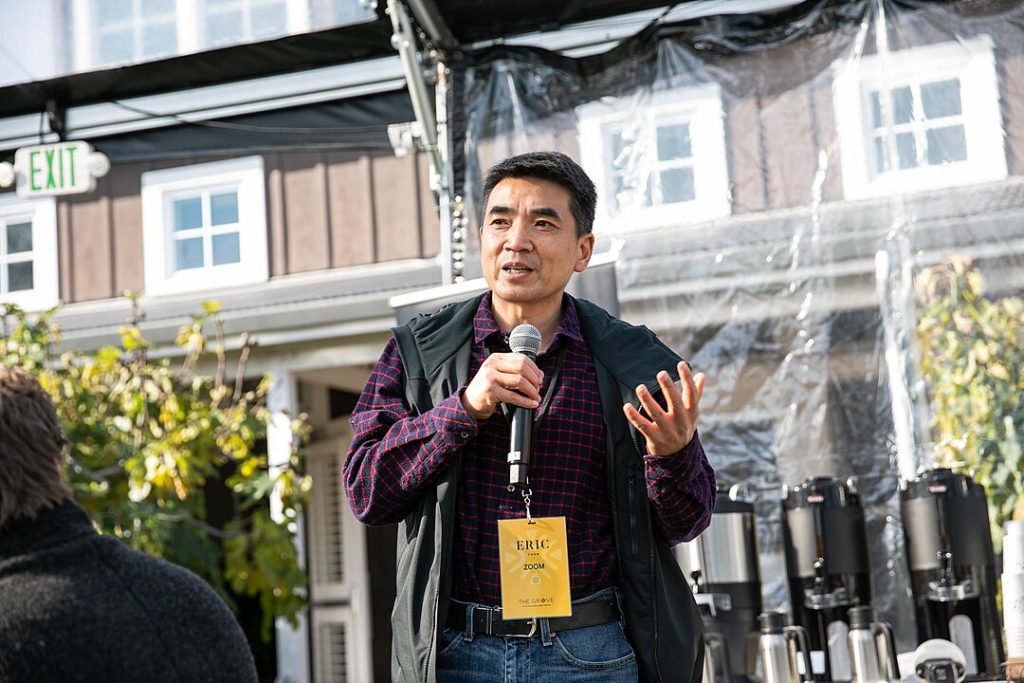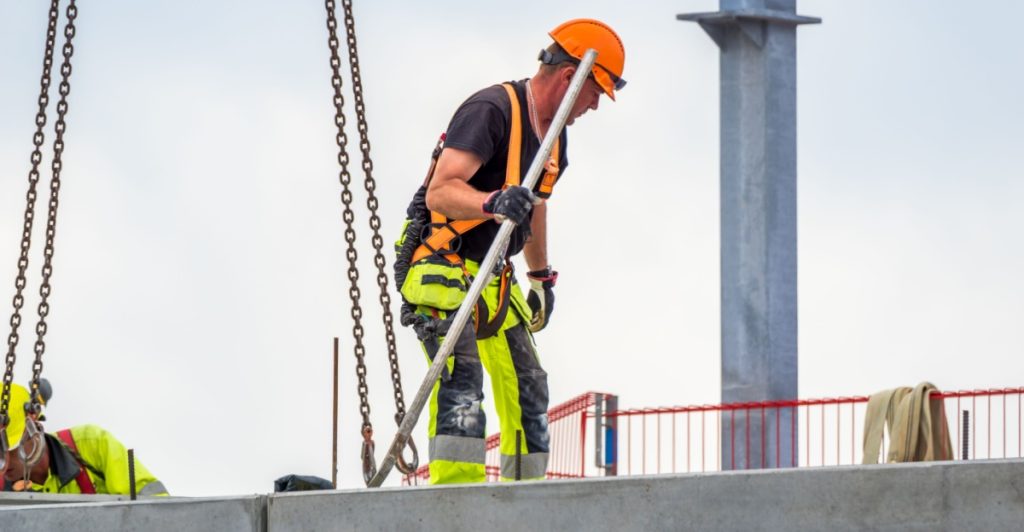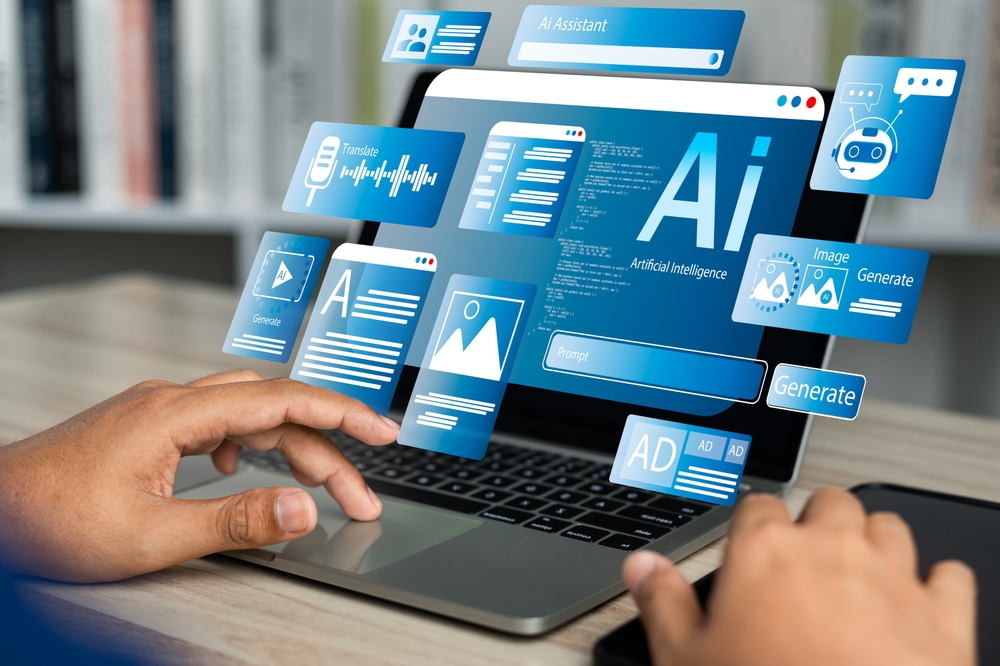Leading CEOs like Bill Gates and Jensen Huang believe AI will soon make the traditional workweek obsolete. With advanced automation handling more tasks, the idea of working just three days a week is quickly becoming a serious possibility.
Others are reading now
Leading CEOs like Bill Gates and Jensen Huang believe AI will soon make the traditional workweek obsolete. With advanced automation handling more tasks, the idea of working just three days a week is quickly becoming a serious possibility.
A Historic Shift in the Workweek

For decades, the five-day workweek has defined modern employment. But with AI accelerating productivity, business leaders believe that fewer workdays may soon become the new norm.
Tech Leaders Back a Shorter Week

Bill Gates (Microsoft), Jensen Huang (NVIDIA), Jamie Dimon (Chase), and Eric Yuan (Zoom) are among the CEOs predicting a three- or four-day workweek—enabled by AI’s ability to streamline tasks.
Eric Yuan’s Vision for the Future

Yuan believes AI will give workers more free time, stating: “Why do we have to work five days a week if AI improves our lives?” His forecast is optimistic and focused on work-life balance.
Bill Gates Reflects on Purpose

Even Gates, once known for avoiding vacations, now emphasizes that life shouldn’t be centered solely around work. On The Tonight Show, he said: “The purpose of life isn’t just to work.”
Also read
More Days Off Than On

A three-day workweek would mean having more days off than days on the job—a concept that could radically reshape society, from family dynamics to personal well-being.
But Not Everyone Will Benefit

While white-collar roles may see shorter schedules, workers in service or manual labor may not experience the same reduction, widening the gap in job flexibility.
Job Loss and Job Creation

Some roles—especially entry-level positions—will be automated. But new opportunities will arise, such as overseeing AI tools or managing digital workflows.
The Role of Remote and Hybrid Work

The pandemic normalized flexible work models. Now, AI adds another layer, potentially enabling shorter weeks without compromising productivity.
Preparing for the Next Work Era

Whether it’s three or four days, the future of work is changing fast. Embracing these shifts could lead to a more balanced and efficient professional world.


